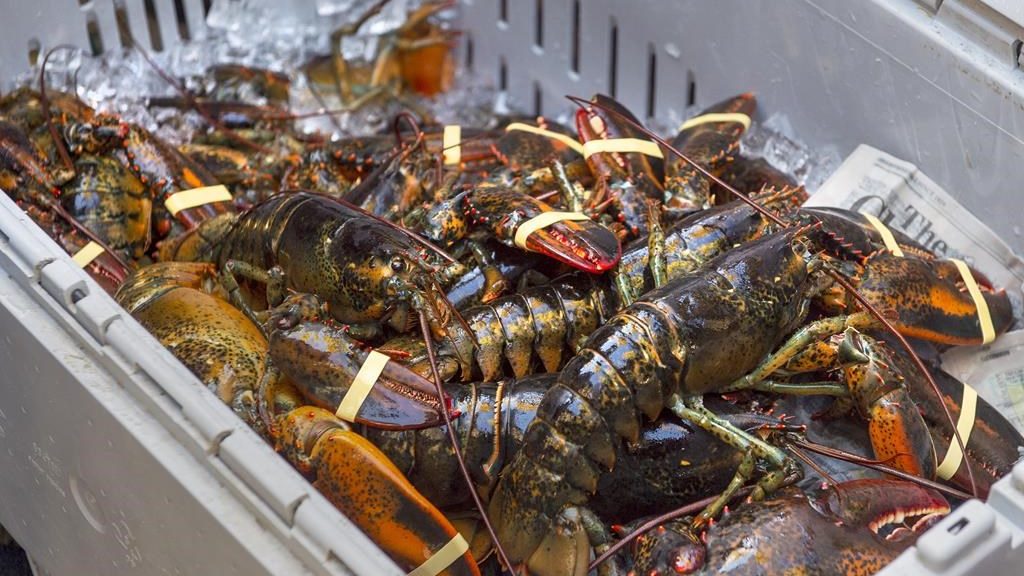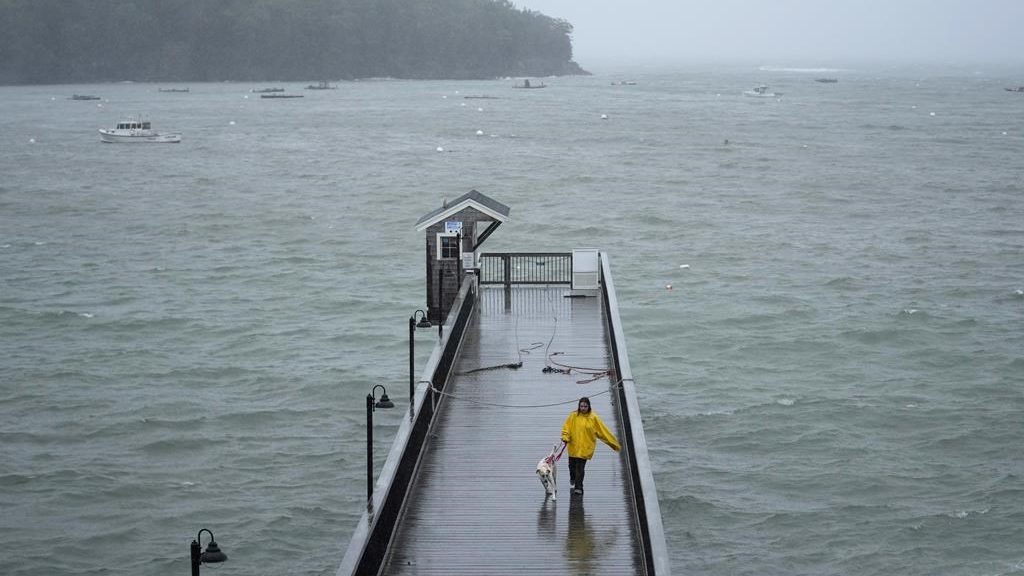Recent high temperatures in Atlantic Ocean impacting lobster, shrimp

Posted Sep 25, 2024 01:31:44 PM.
Last Updated Sep 25, 2024 01:39:30 PM.
For more than a year the North Atlantic Ocean was experiencing record-breaking temperatures, according to Marine Stewardship Council (MSC).
The global nonprofit, with a chapter in Canada, works with scientists, fisheries and experts to improve the way oceans are fished. It is focused on seafood sustainability and every aspect of the industry including the impacts on sea life through climate change.
According to a report sent to CityNews from MSC, for 421 days from March 2023 to April 2024 the North Atlantic Ocean saw high surface temperatures. This is impacting Canada’s coastal fisheries including those in Halifax.
“This is causing substantial ecosystem shifts across the North Atlantic,” Kurtis Hayne, MSC Canadian program director, told CityNews. “We’re starting to see the effects across ecosystems and in fisheries.”

On Aug. 1, MSC recorded a temperature of 20.97 C, over 0.8 C hotter than the average seen from 1982 to 2011. Not only does rising temperatures impact ice sheet melt and glaciers, Hayne said it can be the difference for species living in their natural habitat or not.
The organization said it has noted lobsters are starting to migrate north to cooler temperatures around Newfoundland.
“There’s been changes to their prey sources so they feed on things like plankton, especially when they’re in larval stages,” Hayne said. “So we’re seeing some of these changes. Again, it’s not immediate or overnight, and that’s why, again these fisheries need to be monitored.”
Ocean warming impacts not only a decline in some species but also could mean an increase in others.
“There’s these species that we’ve seen decline rapidly, like shrimp, but then these ecosystems are connected,” Hayne said. “They’re also preyed upon by a species called redfish, and we’ve seen increases in redfish, so we’re just seeing variability.”
As climate change continues to impact the planet, scientists like Hayne are noticing shifts in the temperature of the ocean and thus Canada’s food.
“This is a bit of alarm bell, and we’re starting to see these marine heat waves happen more often and more intensely,” he said. “So we’re going to have to figure out how to adapt.”
What people can do
Oceans connect the world, so the issue is not just for Canada to solve, however, there are everyday actions people can do to play a small part in the sustainability of ocean ecosystems.
One of those is looking for sustainable seafood. Hayne said MSC creates the label people will see in grocery stores that have fisheries following a green standard. Another way is to lower a person’s carbon footprint and hold the government accountable for following emission targets.
Investment in research on how to better protect fisheries and Canada’s oceans will help people prepare for the future, Hayne said.
“There’s things we can all do, it’s not all doom and gloom,” he said. “There are small actions all of us can take to help contribute to a better outcome.”








